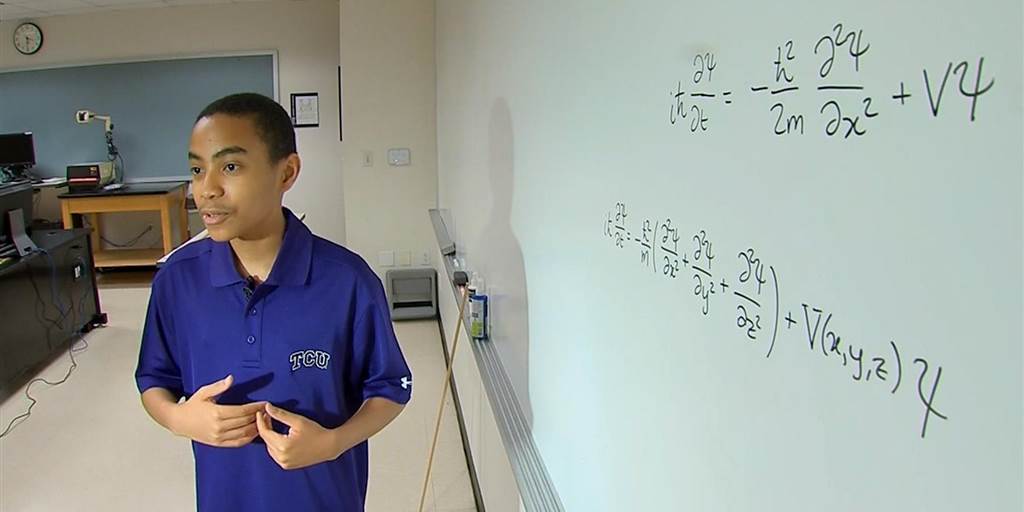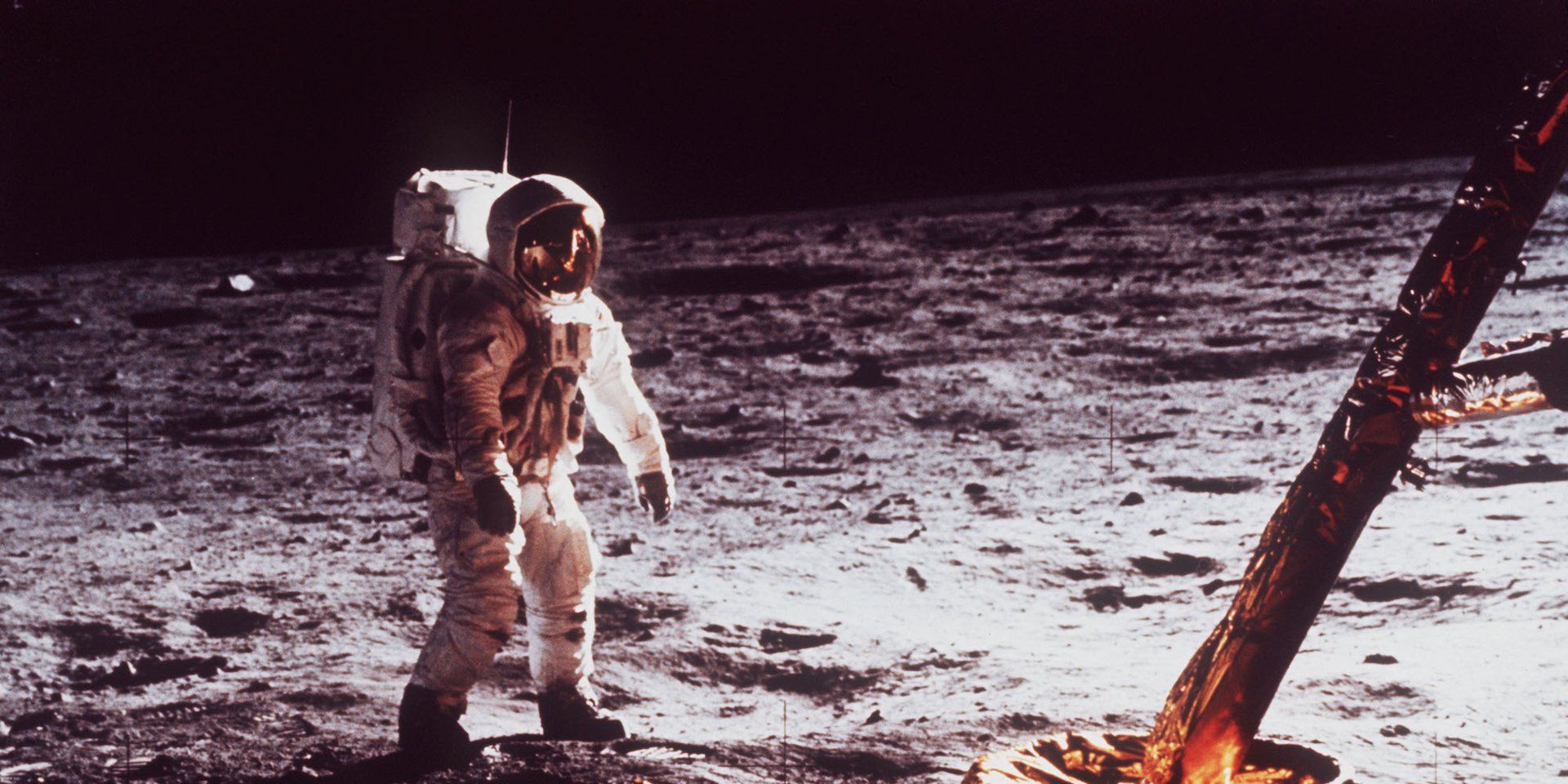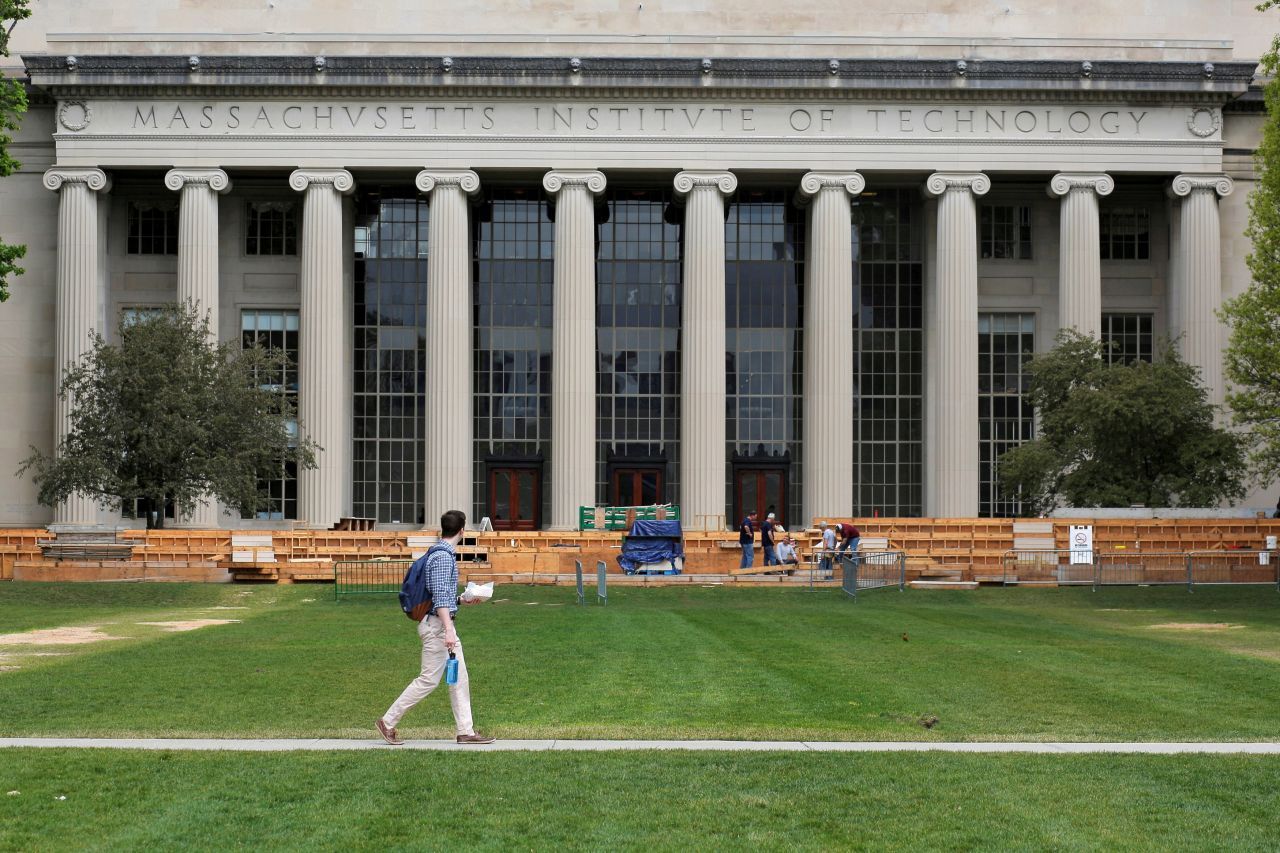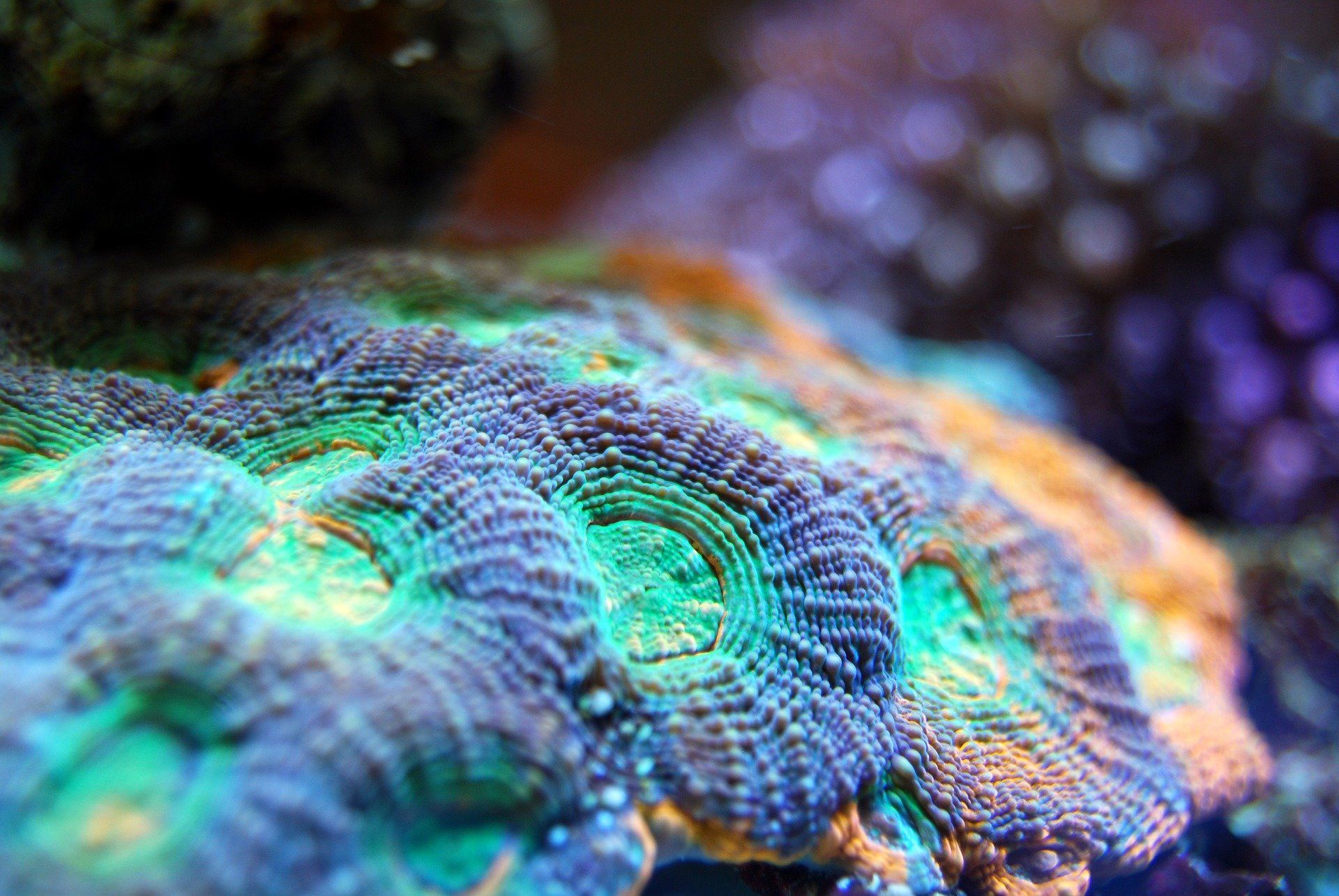Carson Huey-You is only 14 years old but he will become Texas Christian University’s youngest graduate on Saturday. NBC’s Jacob Rascon reports for TODAY on the teen’s extraordinary academic story and his promising future. May 13, 2017.



However, the gap from Cape Campbell, where the main rupture ended in the South Island, and the New Zealand capital Wellington at the bottom of the North Island is still more than 50km.
At least 25 fault lines ruptured in the 2016 quake, which earthquake geologist Rob Langridge from the government’s geoscience research organisation GNS Science said made it one of the most complex earthquakes observed anywhere in the world.
Fellow GNS scientist Sigrun Hreinsdottir told the Stuff website on Friday that the sheer number of faults made it difficult to distinguish which was responsible for the post-quake creep.
Satellites and rockets are getting smaller. Why not rovers, too?

One Russian poll found that 28% of respondents doubted the moon landing.
The head of Russia’s Roscosmos space agency has said that a proposed Russian mission to the moon will be tasked with verifying that the American moon landings were real.
“We have set this objective to fly and verify whether they’ve been there or not,” said Dmitry Rogozin in a video posted Saturday on Twitter.
Rogozin was responding to a question about whether or not NASA actually landed on the moon nearly 50 years ago. He appeared to be joking, as he smirked and shrugged while answering. But conspiracies surrounding NASA’s moon missions are common in Russia.


Between the never-ending stream of news linking bad actors to social networks and studies documenting society’s growing smartphone addiction, it seems almost wrong today to think that technology can — ahem — help make the world a better place.
That’s why I am thankful for the annual Inclusive Innovative Challenge, hosted by MIT’s Initiative on the Digital Economy. Launched in 2016, the IIC seeks out and awards entrepreneurs that are leveraging technology advances to reinvent the future of work. That’s right. There remains, even in this news cycle, firms committed to tapping technology’s ability to connect—and not divide—people and build—and not threaten—jobs and other economic activities.
Or, as the challenge organizers put it:
In a collaborative study presented by scientists primarily affiliated with Stanford and Brown Universities, participants suffering from significant paralysis were successfully able to use non-modified applications on an Android tablet using their brain waves. In previous studies, “point-and-click” computer functionality interpreted from these kinds of signals has been accomplished, but the applications available to participants was limited to software and devices that had been specialized and personalized for users’ specific needs. This study has demonstrated technology that overcomes this limitation and enables access to the full range of software available to non-disabled users. Participants enjoyed applications previously unavailable to them such as streaming music services and a piano keyboard player.
To accomplish the study’s objectives, scientists capitalized and combined existing technologies for their unique end. Brain waves from participants’ brain implants were sent to a commercially available recording system and then processed and decoded by an existing real-time interpreter software. The decoded data was then transmitted to a Bluetooth interface configured as a wireless mouse which was paired to an Android tablet. While the steps to accomplish the task at hand are many, the result somewhat resembles telepathy but largely resembles greater accessibility for the disabled.

Residents of a tiny Alaska Native community woke up to a little pre-Thanksgiving excitement Wednesday, with a neighbouring volcano spewing a billowing dark cloud high into the air.
The sooty emissions from Mount Veniaminof were visible from the Aleut village of Perryville nearly 40 kilometres to the south, locals said. But the wind was pushing the plume away from the community of 101 people.
“It’s a big, black, ugly cloud,” lifelong resident Victoria Tague said of the ash, which later slipped behind a cloud cover.

From elongated oblongs to near-perfect spheres, vegetables come in almost every size and shape. But what differentiates a fingerling potato from a russet or a Roma tomato from a beefsteak?
Researchers at the University of Georgia College of Agricultural and Environmental Sciences have recently found the genetic mechanism that controls the shape of our favorite fruits, vegetables and grains.
In article published this month in the journal Nature Communications, Esther van der Knaap, professor of horticulture, and her team at UGA detail the genetic traits, shared by multiple plants that have been shown to control fruit, leaf and seed shape.
